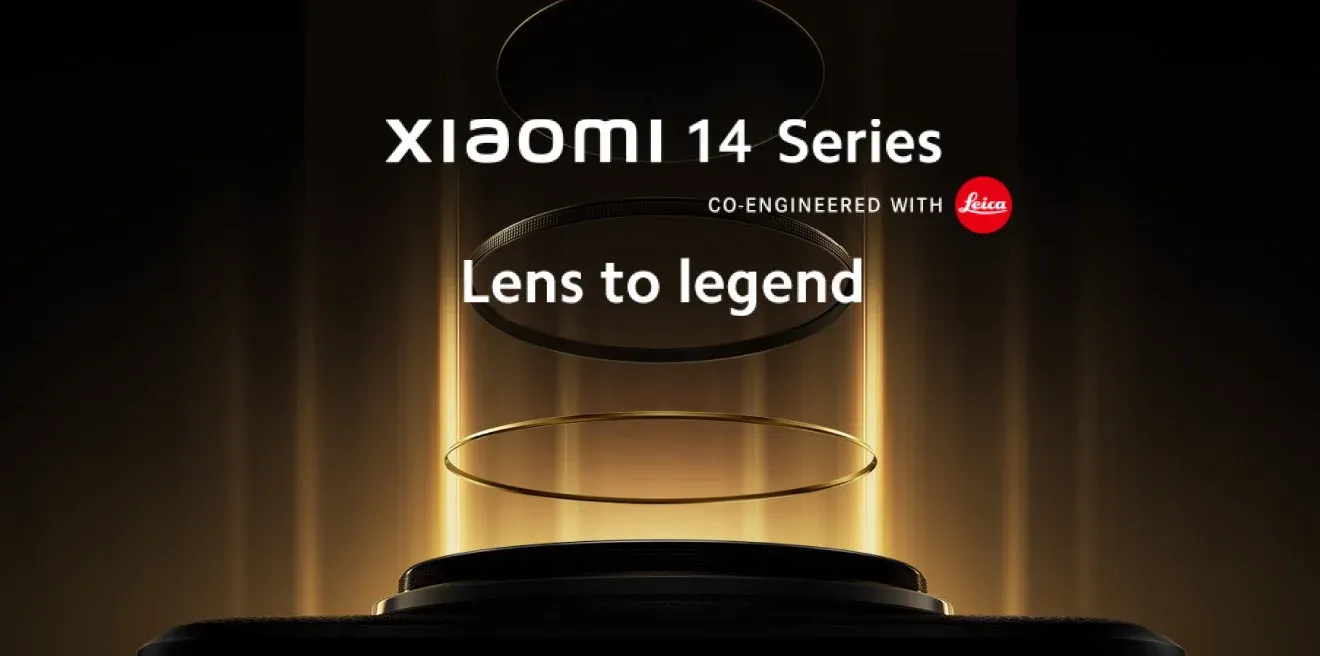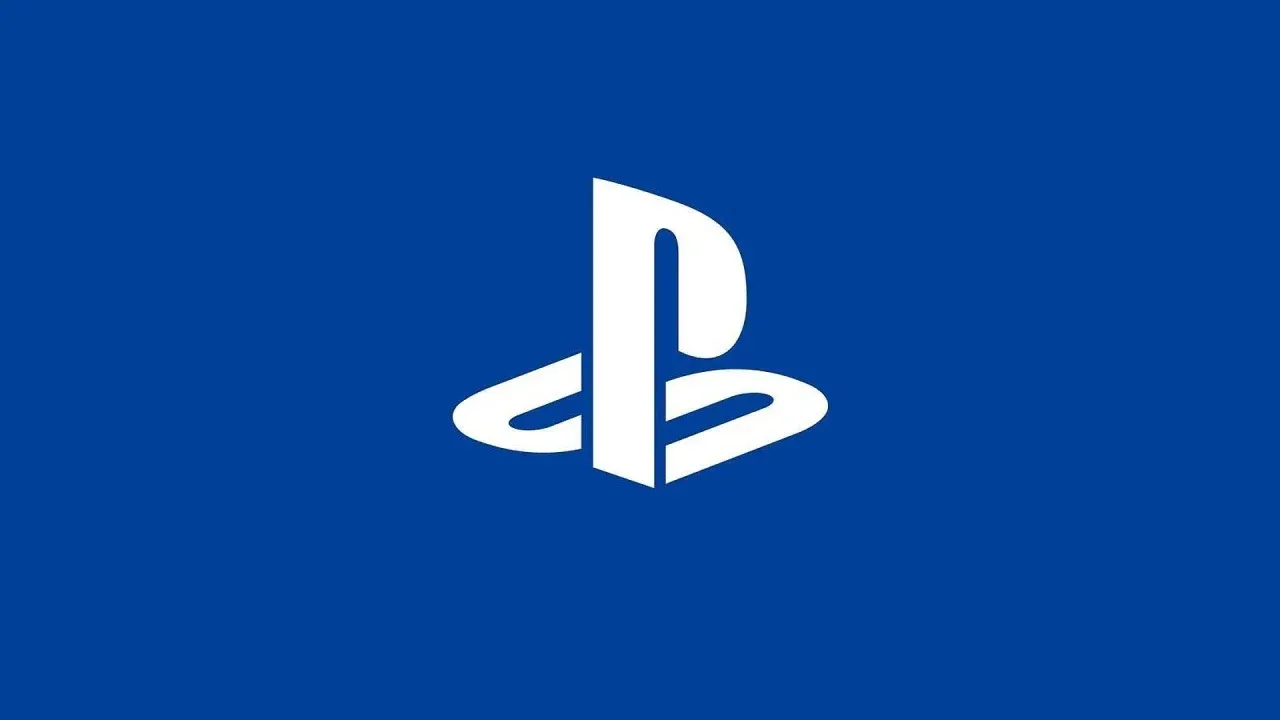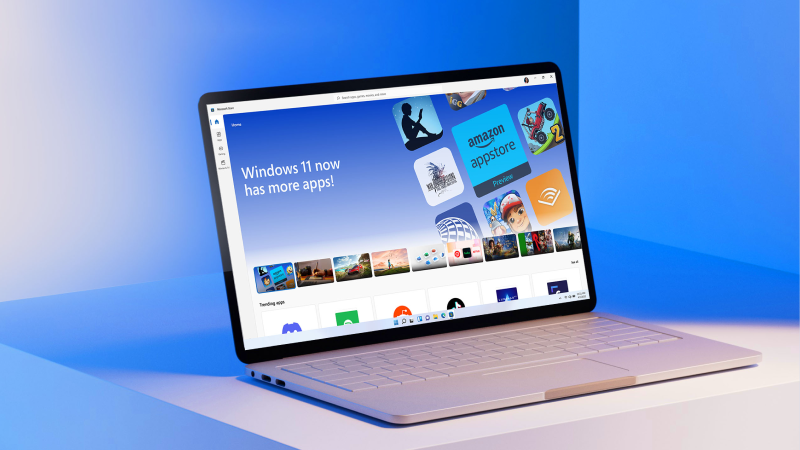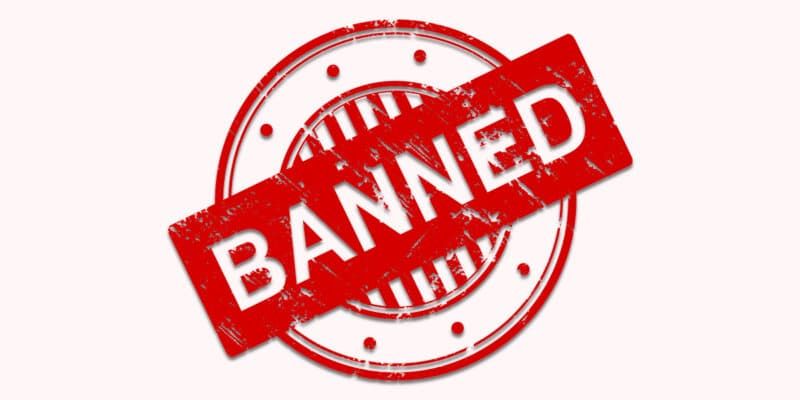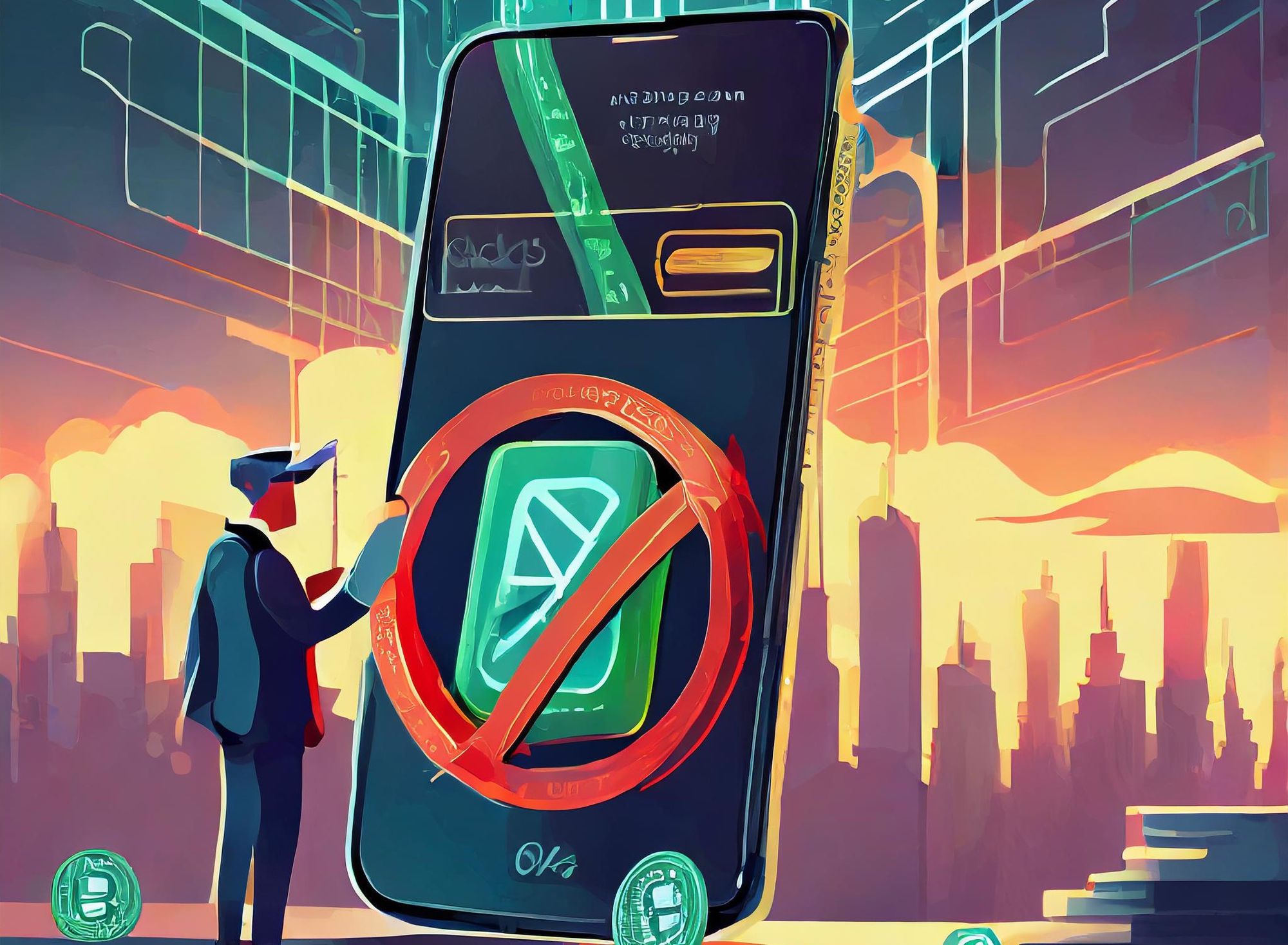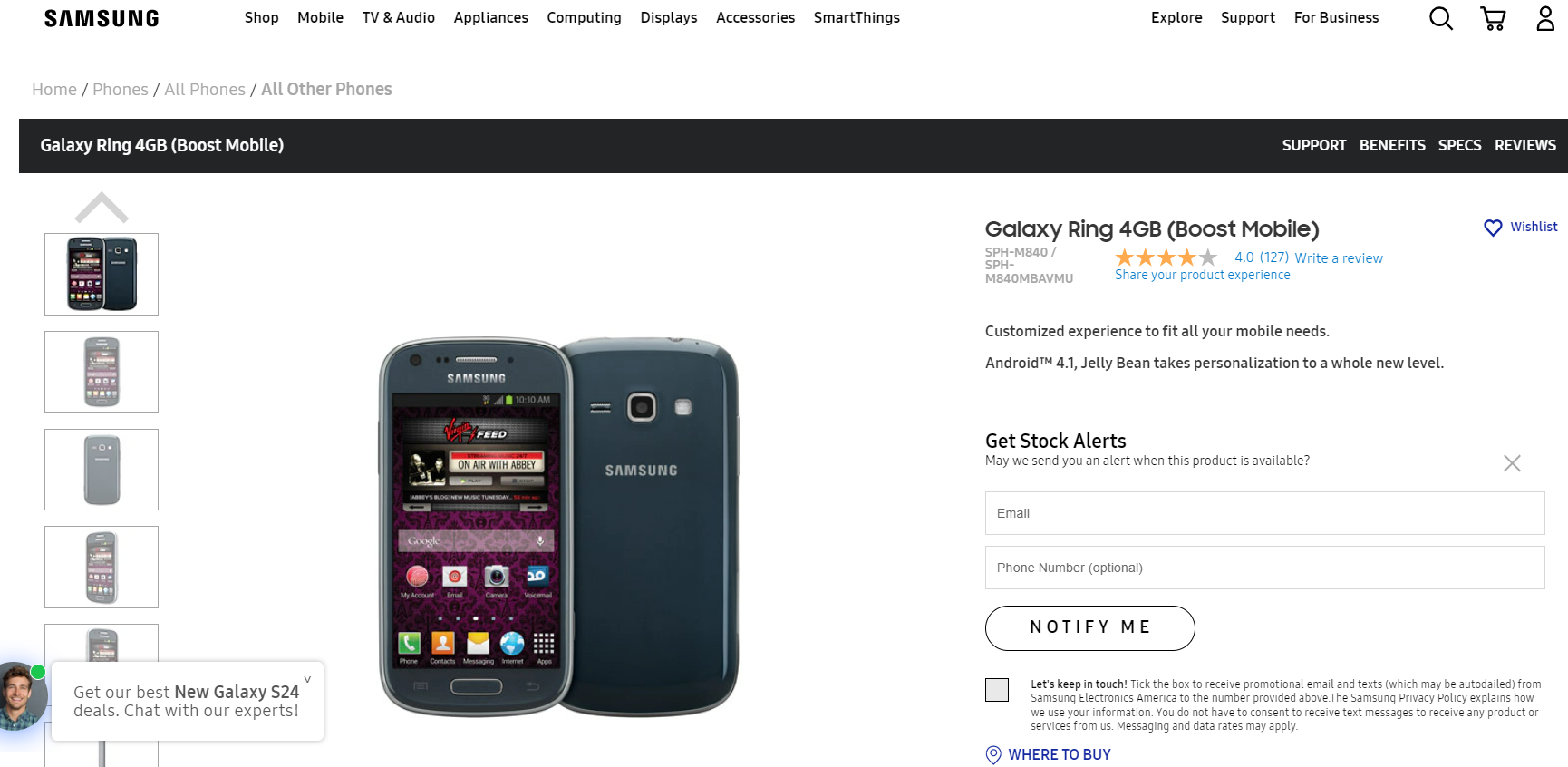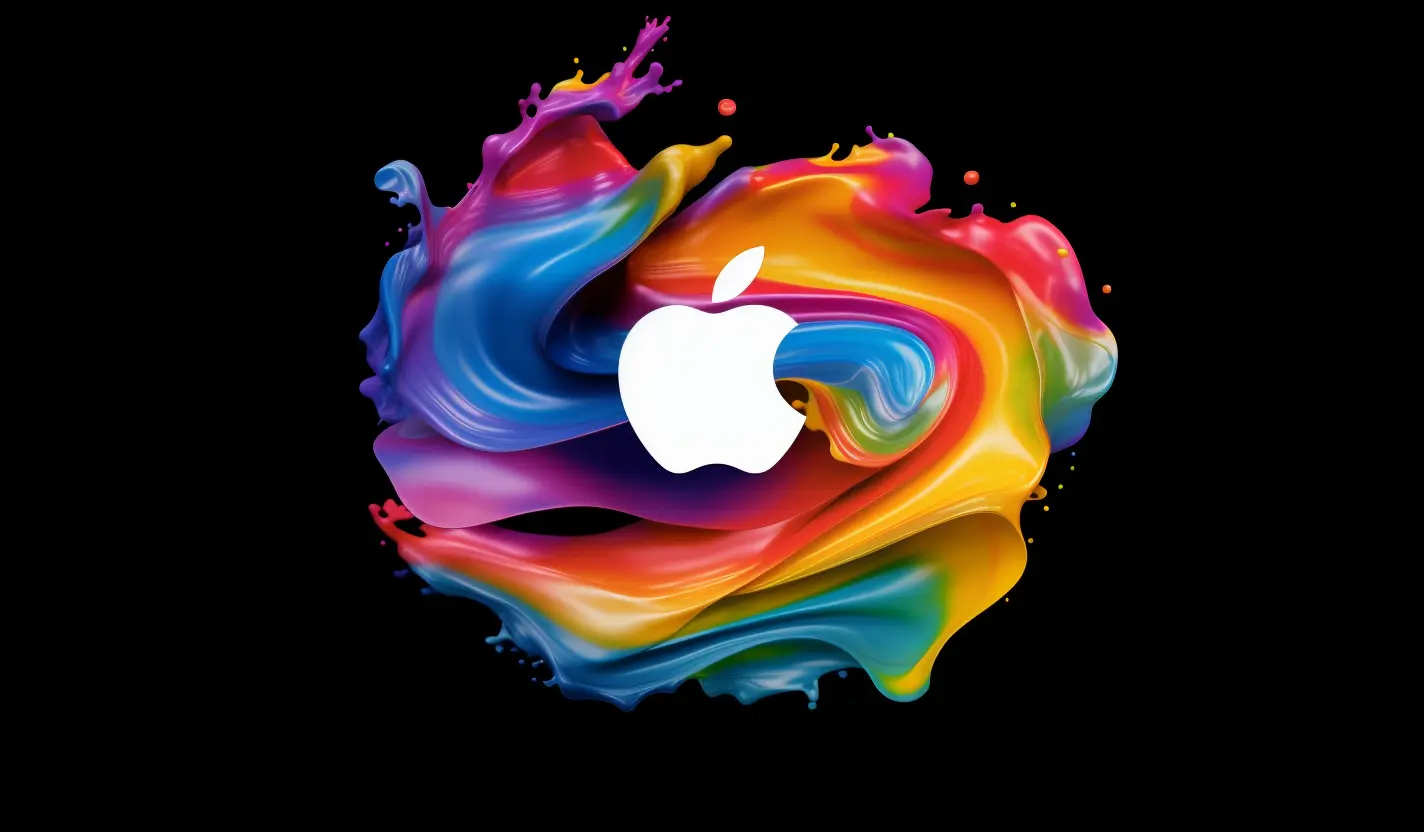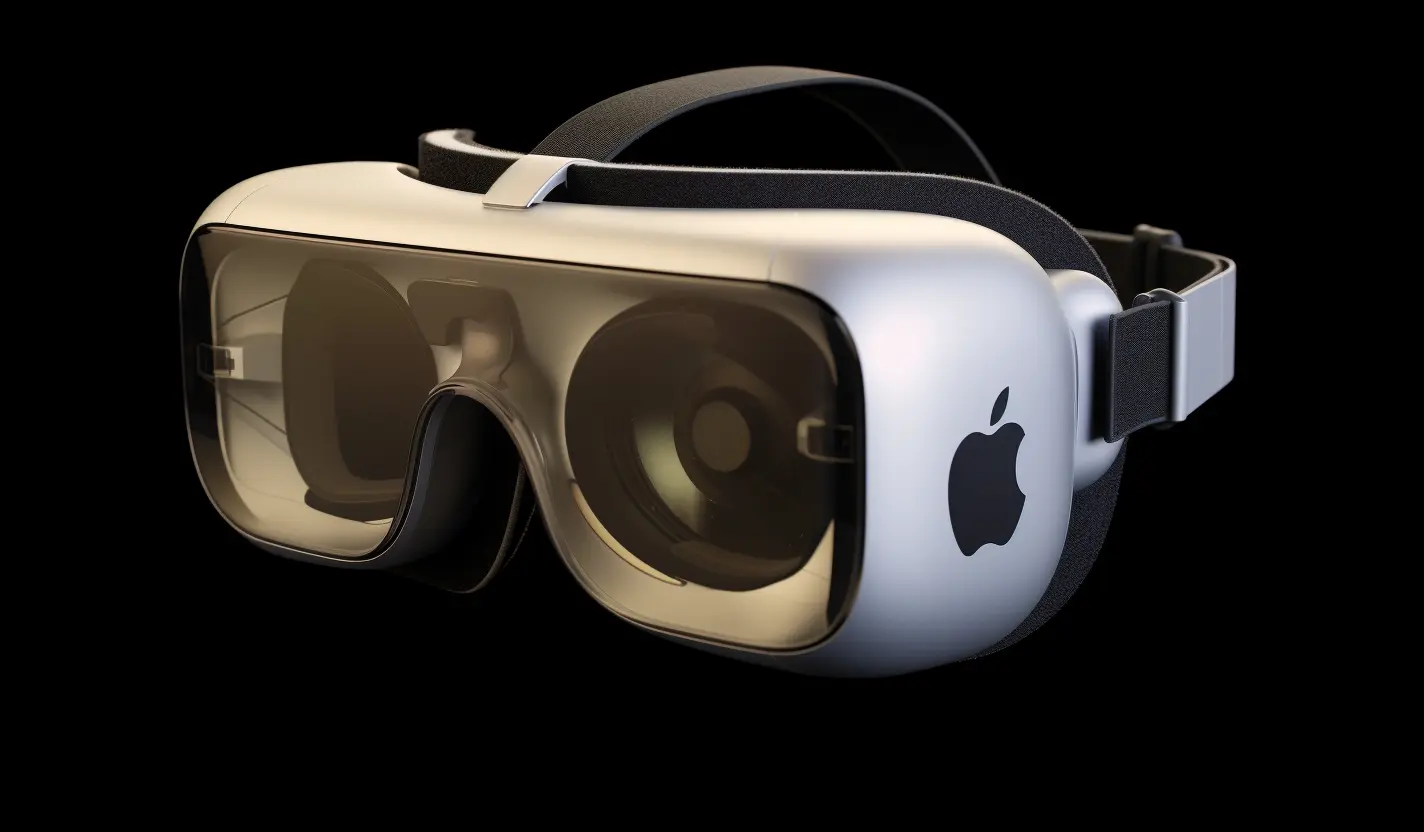Table of contents
- The multi-million dollar metaverse project dragged Meta down and significantly reduced its profits. Rumors spread that Mark would resign from his position to safeguard the project.
- Later, a tweet from a Meta spokesperson denied the notion that CEO Mark was quitting the business, which had briefly caused the company's shares to rise by 1%.
- The company's worth has decreased by 70% in the past year, but the severe stresses it will face in 2022 are unrelated to the Metaverse.
- Furthermore, if Meta's situation doesn't improve, it is reported that additional cost-cutting measures and job cutbacks will be put into place.
According to recent rumors, Mark Zuckerberg, the CEO of Meta, left his post to protect the multibillion-dollar project he built called the Metaverse (1).
A significant profit decline earlier this year was caused by this new endeavor, which also dragged Meta down. As a result of the company's stock price deteriorating—it had already been on a downward trend for a few months—the rumors of Mark's resignation were anticipated.
About the Metaverse initiative, Mark is fervent. He has been adamant about aggressively moving forward with his risky metaverse plans—which he refers to as his VR gamble—throughout the year because he believes they will ultimately be profitable.
The shareholders of Facebook are skeptical and worried, but this is still the case. According to a report released in October, investors have reportedly expressed their displeasure with Zuckerberg's proposal to increase investment in the Metaverse project (2).

What led to Mark Zuckerberg's Resignation?
This occurred following the publication of an open letter by Brad Gerstner criticizing the firm, whose fund, Altimeter Capital (3), owns Meta shares valued at hundreds of millions of dollars.
The letter makes it clear that Mark is gradually losing the investors' trust and confidence and emphatically requests that they restrict investment in the Metaverse/Reality Labs to amounts no greater than $5 billion annually.
It's also plausible that Zuckerberg is making an effort to take responsibility for Metaverse's poor performance, which led to a more than 70% decline in the firm's stock price from its all-time high. Additionally, Zuckerberg made plans to fire thousands of employees, now in line with larger trends in the IT industry.

The Truth Unfolds
On Tuesday, a tweet from Meta's spokesman Andy Stone claimed that the rumor that CEO Mark Zuckerberg would leave the company in the coming year was untrue. An anonymous insider source cited that Zuckerberg would step down in 2023. The news caused the company's shares to rise by 1% (4).
Because of a significant decline in advertising revenue, Meta has had a difficult year. Earlier this month, as was already mentioned, the company also announced layoffs, affecting 11,000 workers, or roughly 11% of Meta's workforce. In a letter published after the announcement, Zuckerberg admitted responsibility for the job losses.
He chose to increase the investments even though many believed this would be a permanent acceleration that would last after the pandemic had ended. The outcome, however, was different from what he had anticipated.
According to reports, the company's Reality Labs unit (5), which is in charge of the Metaverse project and the hardware it requires, has also lost $9.4 billion in 2022 alone. The Metaverse is Zuckerberg's pet project and has continually drained the company's resources.
Sales of its Quest 2 headset were 50 percent below expectations, resulting in a 50 percent decline in revenue for the unit. Despite the dissatisfaction of Meta's shareholders, Zuckerberg insisted that they increase their bets and invest more money in the Metaverse.
The company expects Reality Labs' operating losses to increase significantly year over year in 2023, according to a statement made by Meta's Chief Financial Officer during the third quarter investor call. Additionally, the statement stated that they expected to pace Reality Labs' investments after 2023 to increase the overall operating income of the business eventually.

Muck Zuckerberg's betting big on the Metaverse. Is it too early?
The company's value has dropped by 70% in the last year, and more cost-cutMeta'snitiatives and job cuts will be implemented if Meta's situation does not improve. Meta is currently experiencing the worst crisis of its 18-year existence.
The ad business isApple'spressure due to the weakening global economy, Apple's anti-tracking policy (6), fierce competition from TikTok (7), and user numbers on Facebook, Instagram, and WhatsApp are not increasing as quickly as they did in the early years.
The massive Metaverse project, which consumes double-digit billions of dollars per year and is not expected to turn a profit until the next decade, is the target of all analyst bets, which many believe are premature.
The expensive obsession with the Metaverse that Zuckerberg has, which is hard foMeta'sne to understand, is only one of Meta's problems; the high-risk wager also occurs at the worst possible time, when the business is struggling on numerous fronts at once.
According to investor and support Metaverse Matthew Ball (8), Meta's stresses in 2022 are severe, important, and unrelated to the Metaverse. That might be Meta'sly exaggerated, considering that Meta's stock price declined before the business published dismal quarterly results in early 2022, which happened shortly after Facebook changed its name to Meta.
Ball's punchline is different, however, because Meta not only chose the wrong moment but also might be too early. This is due to the possibility that almost all of Mark's explanations of the Metaverse are correct, except the timing, which is further away than he expected and for which he claimed Meta requires staying power.

Analysts are convinced that VR and AR are in an earlier stage of development than most observers would think, and despite everything that has occurred so far, much more will happen before they grow out of their infancy, at least if development continues to be as linear as it has been over the past ten years.
For virtual and augmented reality to reach their full potential, they will need another 20 to 30 years to grow. If this is the case, analysts believe they will need to consider the implications for the industry.
How many great startups and ideas have there been in the history of virtual reality (VR) since the hype year of 2016 or earlier? (9) Most failed since the technology was not yet sufficiently developed, and they are way ahead of their time, but that is cold consolation and troubling for Mark Zuckerberg.


